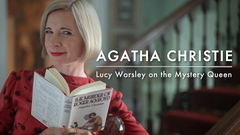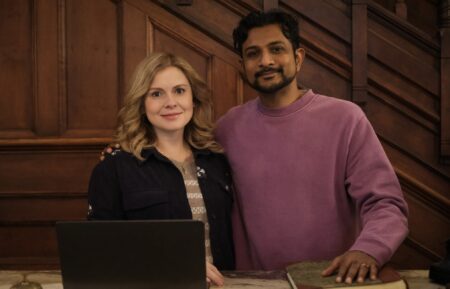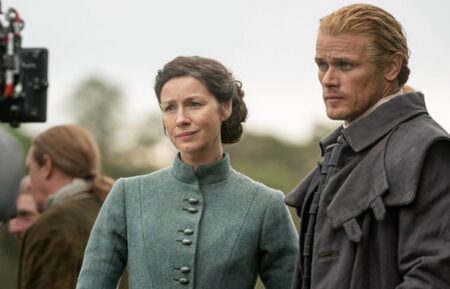‘Agatha Christie’: Lucy Worsley Digs Into the ‘Mystery Queen’ With New Series
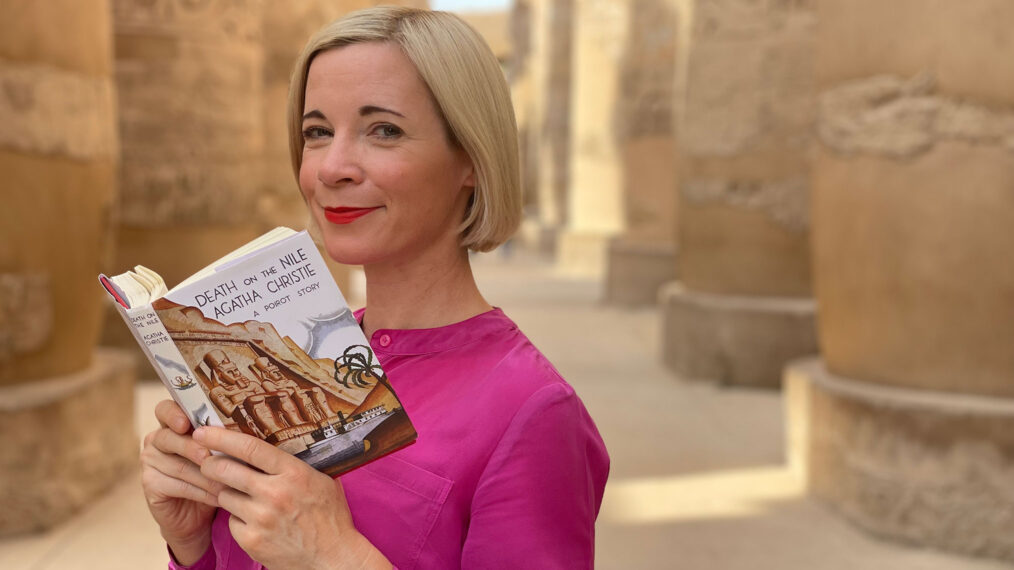
Preview
“I’m not interested in telling fairy tales about nice ladies doing nice things,” British cultural and literary historian Lucy Worsley says cheekily. Surely English mystery novelist Agatha Christie, the subject of her fascinating three-part series, Agatha Christie: Lucy Worsley on the Mystery Queen, would agree.
“The reason she’s a great writer is you can read her books purely as entertainment but also as a biting critique of society,” says Worsley, who examined the creator of household-name sleuths Hercule Poirot and Miss Marple in her 2022 biography Agatha Christie: An Elusive Woman.
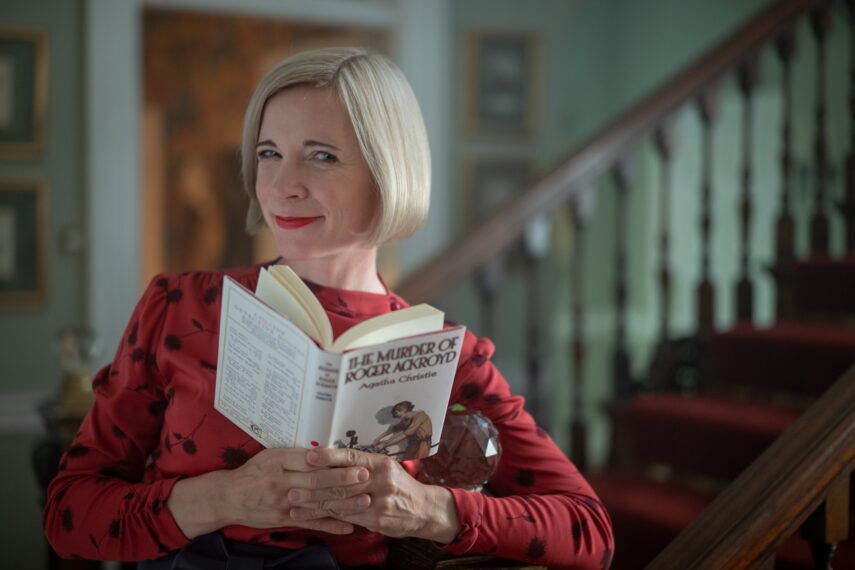
(Credit: Tom Hayward/PBS)
Here she takes a chronological approach to the life of the author, born Agatha Miller in 1890 to a wealthy, quirky family. It begins with her solitary childhood at a spooky Victorian villa and leads to atmospheric spots like Egyptian temples. Worsley conducts interviews — one with Christie’s great-grandson — and scrutinizes photos and documents (twist: The meticulous plotter had nearly illegible handwriting!).
Worsley argues that Christie’s experiences as a 20th-century woman, including working as a volunteer nurse during World War I and later earning her own money, sharpened her observational and literary skills. As the host asserts in the opener, “I think the crack between appearance and reality among ruling classes gave her the material to start writing seriously.” In 1926, Christie’s masterpiece The Murder of Roger Ackroyd revolutionized detective fiction and had the world buzzing. (Beware: The series reveals whodunit for several titles.)
With success came stress. Worsley convincingly reframes a famous incident from that same year — Christie’s 11-day disappearance — as an episode of mental ill health brought on by her husband’s affair and her mother’s death. “So many people have been so invested in the idea that she was a bad woman, a tricky woman who was staging it as a publicity stunt,” says Worsley, who investigates the writer’s rumored psychiatric care. Finally, in Christie’s third act, recovery: She invented Miss Marple, traveled on archaeological digs, and married a man nearly 14 years her junior.
Worsley hopes the series will entice new readers and bring fans “more enjoyment” revisiting a novel: “They can see so much there that they missed.” Tea with a side of murder is served.
Agatha Christie: Lucy Worsley on the Mystery Queen, Series Premiere, Sunday, December 3, 8/7c, PBS (check local listings at pbs.org)


